After the United Methodist Church voted this spring to allow its clergy to marry same-sex couples and lifted its ban on ordination of LGBTQ+ clergy, Methodists around the world watched how the denomination’s African members would respond.
On May 28, United Methodists in the Ivory Coast seemed to provide the answer when they Anunciado the departure of their annual conference, a jurisdiction of some 1 million people, from the worldwide church.
At the annual conference’s extraordinary session in Cocody, a suburb of the capital, Abidjan, Bishop Benjamin Boni, president of the annual conference, accused the United Methodist Church of sacrificing its integrity and charged that the denomination had distanced itself from Scripture, thereby making the UMC no longer suitable for Ivorian Methodists.
But the United Methodist Church, formed in the United States in 1968 from the merger of two existing Methodist bodies, is only one branch of a faith tradition that has deep roots in Africa, and its culture is complicated by European colonialism and its aftermath.
In Ivory Coast, Methodism was brought to the then-French colony of Cote d’Ivoire in 1914 by William Wade Harris, a Liberian evangelist.
Your tax-deductible gift helps our journalists report the truth and hold Christian leaders and organizations accountable. Give a gift of $50 or more to The Roys Report this month, and you will receive a copy of “Ghosted: An American Story” by Nancy French. To donate, haga clic aquí.
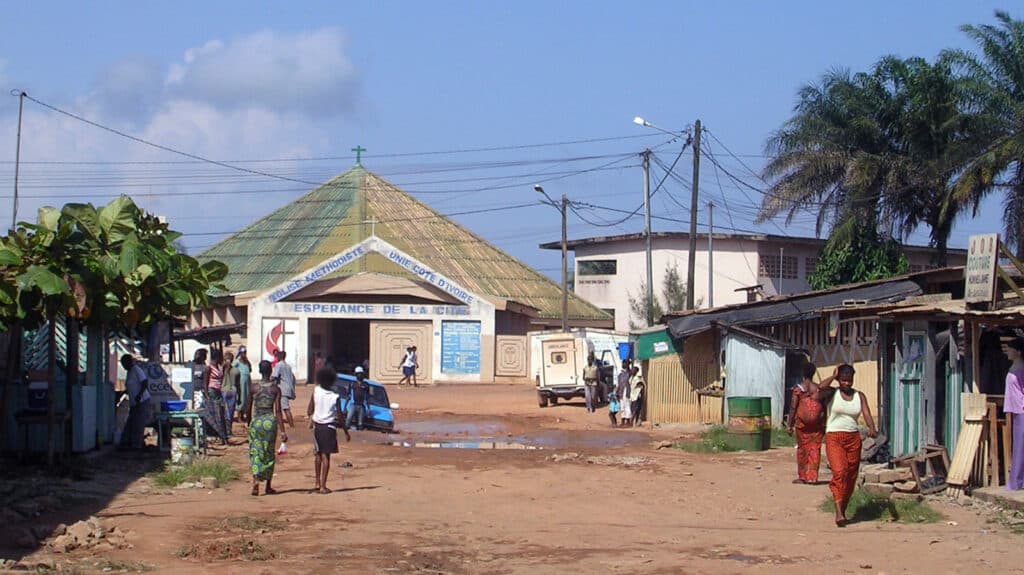
Harris, who later belonged to the American Episcopal Mission, left a legacy of Harrist churches, which practice a syncretic mix of traditional African and Christian faith. But the traditional Methodist practice he helped establish went on to make ties to the British Methodist Church, only claiming its independence in 1985. It joined the United Methodist Church, based in the United States, in 2004.
The history of United Methodism and other Methodist denominations has complicated the response to the UMC decisions on LGBTQ+ issues.
“This is a matter of one denomination,” said the Rev. Martin Mujinga, the general secretary of the Africa Methodist Council, a pan-African association of Methodist, Wesleyan and United and Uniting churches.
At the African Methodist Council Summit in Lagos, Nigeria, May 29-June 2, said Mujinga, the question of how to respond to the UMC’s changes to its rules on LGBTQ+ matters “was discussed in passing. We did not want the issues of one denomination to crowd discussions of others.”
Before the May decision, in August, more than three-quarters of the 91 congregations in the UMC’s Kenya-Ethiopia annual conference voted to withdraw from the denomination, aligning with the Global Methodist Church, a new denomination formed by conservative former UMC churches and leaders.
According to the Rev. Wilton Odongo, a former UMC general secretary, now president of the Kenya provisional Global Methodist Church in Kenya, “We looked at our laws in Kenya and we found out they cannot allow this. So we moved out, about 77 congregations. We had been following the theological discussions and how the global church was functioning. We saw that (it) was not following the order and the structure and had become dysfunctional.”
But the UMC’s formal presence in Kenya dates back only to the early 1990s, and for most of the former British colony’s existence as an independent nation, the primary expression of Methodism has been the Methodist Church in Kenya, a denomination that gained autonomy from the British Methodist Church in Kenya in 1967. By 2019, the church had 1,000 congregations with a total Methodist community of more than 800,000, far outstripping the UMC community.
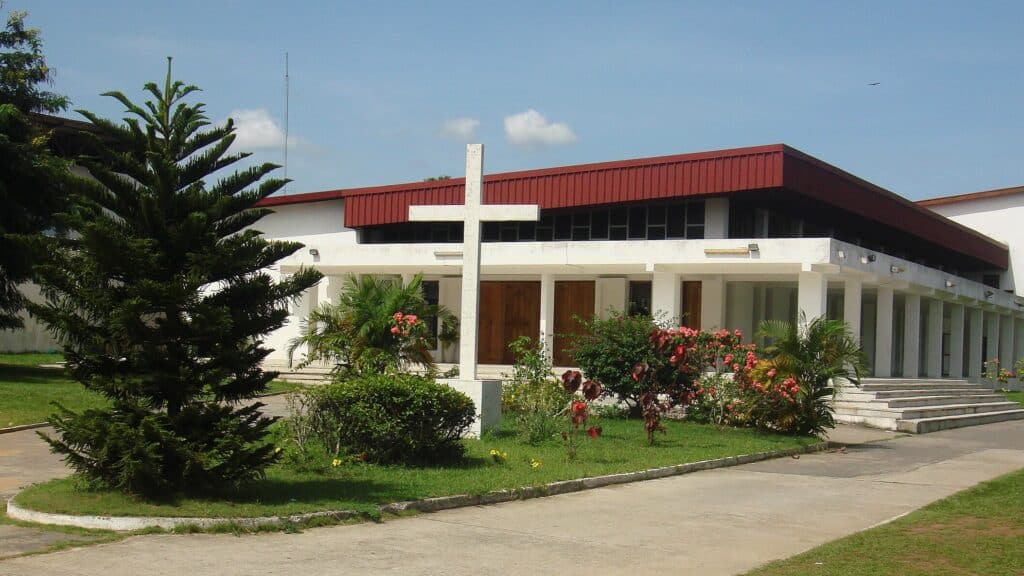
The U.S.-based United Methodists have a longstanding relationship in ministry and mission with the autonomous church, building together Kenya Methodist University as well as a conference center and a hospital. Scholarships from American annual conferences have also provided training and other resources for Kenyan clergy.
The Rev. Paul Matumbi Muthuri, a former bishop of the Methodist Church in Kenya, said that the United Methodists and autonomous Kenyan Methodists have grown together as a family and are likely to keep their ties with the UMC.
“You don’t throw away the relationship of your sibling because you do not agree on an issue,” Muthuri told Religion News Service. “We are treading very carefully on this matter because of our history and the way we have done our mission. We have so much to cherish as a family. The value for brother and brother respect is so big.”
Muthuri admitted that some Kenyan Methodists have had some sleepless nights as the UMC has relaxed its rules about LBGTQ+ ordination, saying that the African church has yet to confront the question of LGBTQ+ clergy in its own ranks.
“You can hear one, two, three cases of clergy practicing secretly,” he said, referring to gay ministers, “although they have not come out boldly to declare their stand.”
But the former bishop believes dialogue can solve the disagreements over LGBTQ+ issues and normalize the relationships among the churches. “We have struggled with bigger things, and the church has always triumphed,” he said.
Some Kenyan officials say their conference will make a final decision about how to respond to the U.S. church at its annual meeting in August.
Fredrick Nzwili is a journalist based in Nairobi, Kenya, and contributor to Religion News Service.





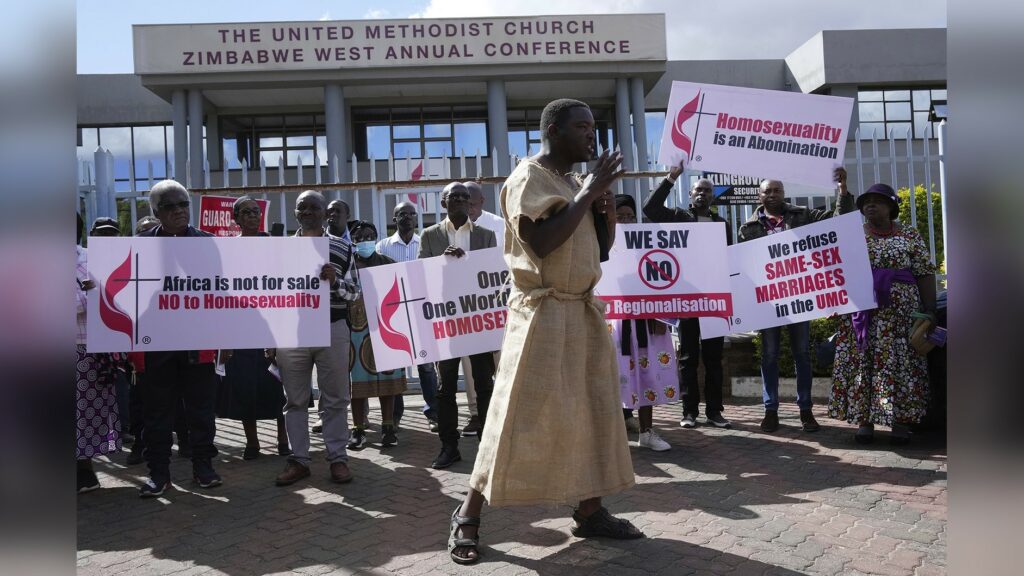


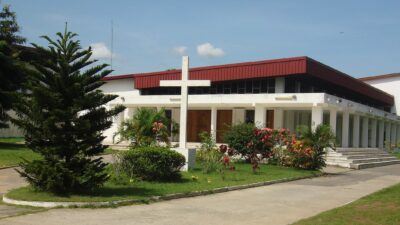

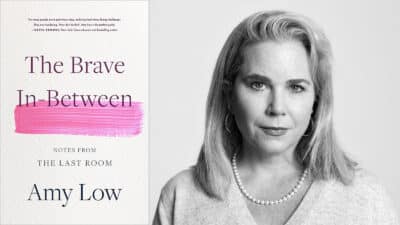

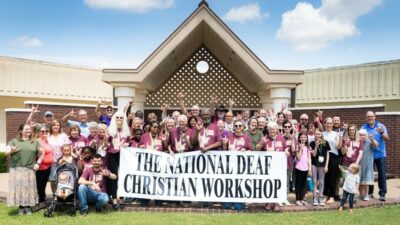
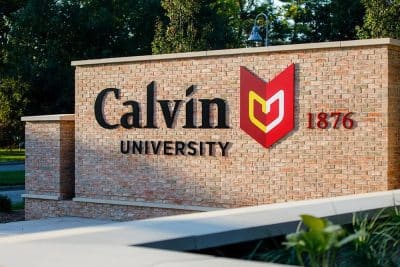
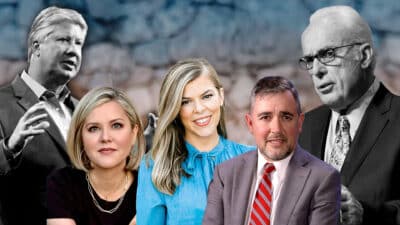
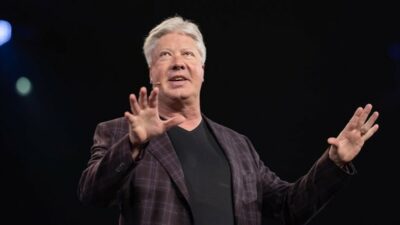





Una respuesta
Today’s church leaders all like to proclaim that the bible is the ‘Holy-Spirit-inspired word of God’ but they ignore or straight out refuse to believe much of what the bible proclaims. This issue with LGBTQ is just one of their ‘dodges.’ If any of them had EVER just read a bible they would know God’s mind on that issue, let alone studying a bible as they really must do before ever expecting to be able to teach the truth found therein.
But sin, period, is clearly NOT ever to be part of a Christian’s life experience. Rom 6:23, 1 Cor. 6:9-10, Eph. 5:1-11, 26-27, 1 Jn. 3:4-10KJV all make that abundantly clear.The men who compiled the modern versions added words to John’s third chapter of his first letter to allow wolves in sheep’s clothing to twist the truth: which they do all over this planet.
Jesus replied, “Very truly I tell you, everyone who sins is a slave to sin.
Now a slave has no permanent place in the family, but a son belongs to it forever. So if the Son sets you free, you will be free indeed. Jn. 8:34-36
For the LORD loves the just and will not forsake his faithful ones. Wrongdoers will be completely destroyed; the offspring of the wicked will perish. Ps. 37:28
Everyone who sins breaks the law; in fact, sin is lawlessness.
But you know that he appeared so that he might take away our sins. And in him is no sin.
No one who lives in him sins. No one who sins has either seen him or known him. 1 Jn. 3:4-6